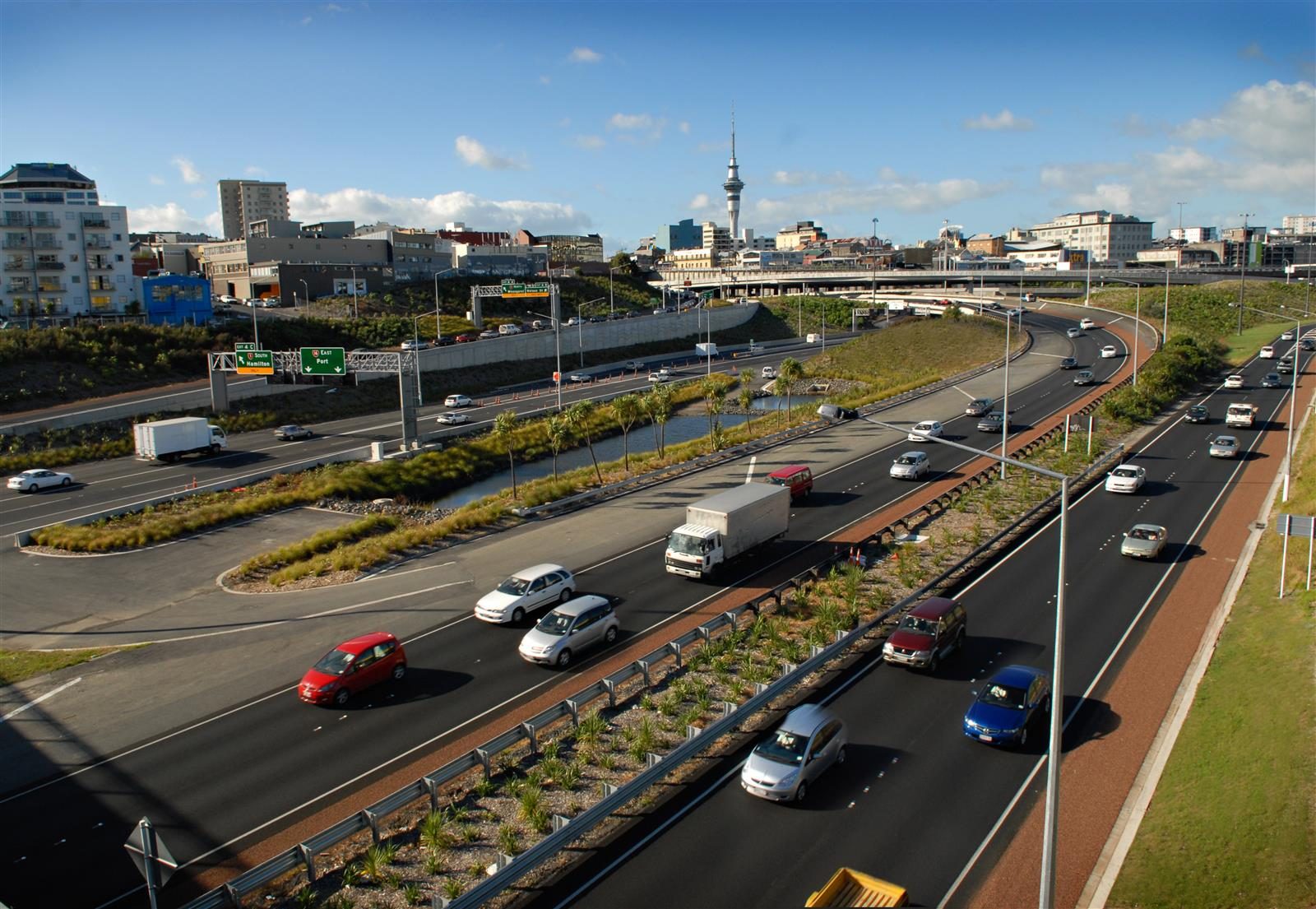Government to improve competitiveness and transparency in the retail fuel market

Consumers will benefit from a more competitive, transparent retail fuel market as a result of changes the government will be making in response to the findings of the Commerce Commission‘s study of the fuel sector.
Commerce and Consumer Affairs Minister Kris Faafoi said the report confirmed the government‘s concerns that consumers were paying higher prices for petrol and diesel than could be expected in a competitive market.
“We accept the Commission‘s findings and, as the Prime Minister has said, we‘re ready to act on them,” said Minister of Energy and Resources, Megan Woods.
“The Commerce Commission‘s study found a lack of competition in wholesale markets. We‘ll be introducing the best options to increase competition at a wholesale level, which will filter down to the retail market and prices on the forecourt,” Woods said.
“A more competitive wholesale market means that low-cost brands, like Waitomo and NPD, would be able to access cheaper fuel and pass these benefits onto consumers. Other retailers would be forced to adjust their prices or risk losing customers.”
Woods said the report also found that fuel dealers and distributors have limited ability to switch suppliers due to restrictive terms in their contracts.
“We‘ll look to introduce a mandatory industry code to regulate the conduct of participants in the fuel industry. This is about breaking the big fuel companies‘ stranglehold on supply and getting more competition into the market to benefit consumers,” Woods said.
The government will now take the Commerce Commission‘s recommendations to cabinet with a view to swiftly implementing changes, such as:
-
A more transparent wholesale pricing regime
-
Greater contractual freedoms and fairer terms to facilitate wholesale competition
-
Introducing an enforceable industry code of conduct
-
Improve transparency of premium grade fuel pricing.
“We will look to require that retailers display both regular and premium petrol prices on service station price boards, and I‘ll be encouraging retailers to make those changes as soon as possible,” Faafoi said.
“We also see merit in adding premium fuel prices to the Ministry of Business, Innovation and Employment‘s current monitoring of regular grade petrol and diesel margins so consumers have a better awareness of price trends.
“The report has found there is action required in several key areas and the steps we‘re going to take to address these will make the retail fuel market fairer for all New Zealanders,” he said.




